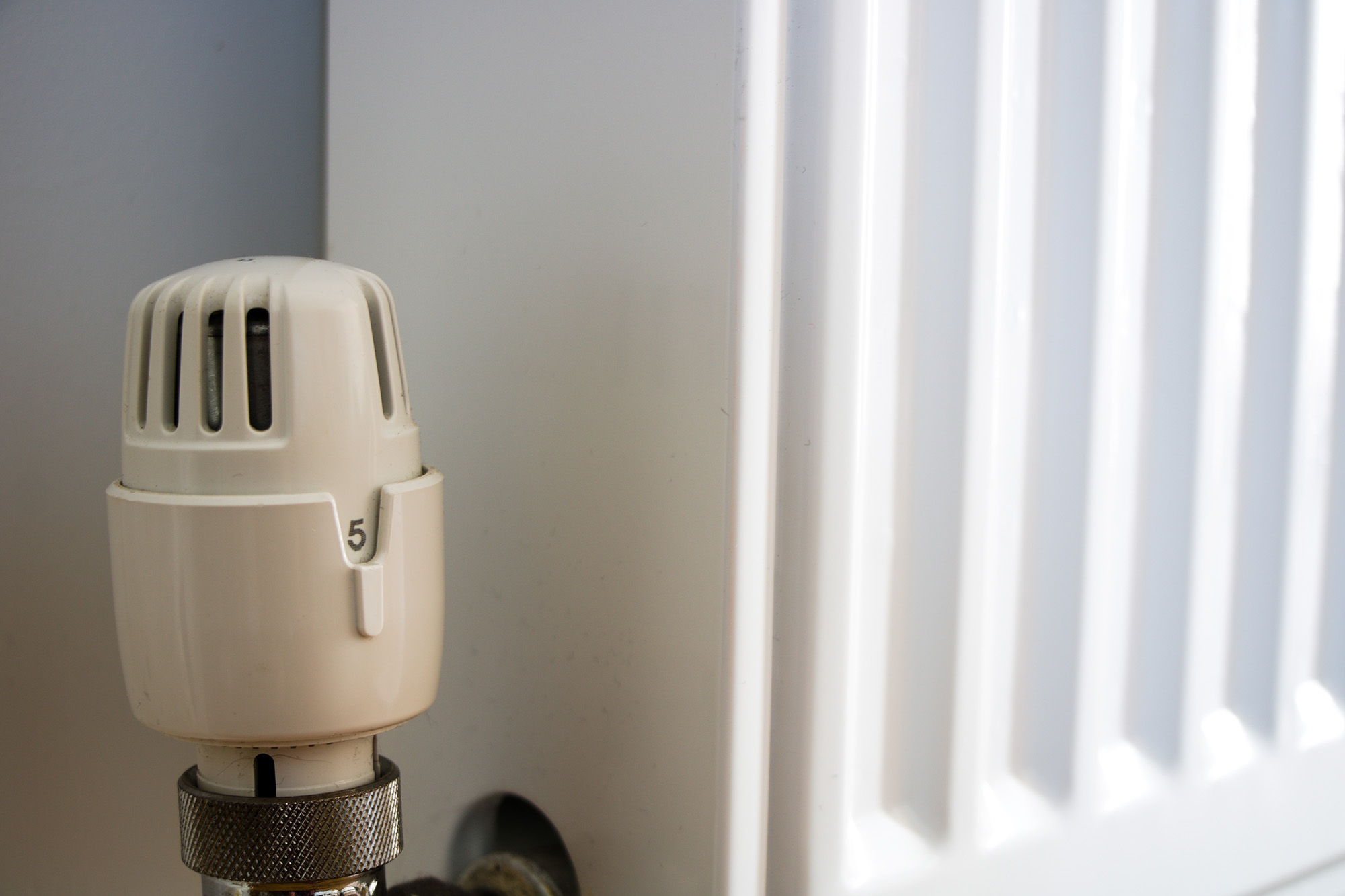Will heat pumps replace all gas boilers?
As part of the government’s net zero by 2050 strategy, it has pledged to electrify heating for all off-grid properties by 2026.
The fast-approaching deadline is outlined in the ‘Heat and Buildings Strategy’ where policymakers have stated the intention of phasing out new oil and gas boilers with heat pumps.
The fact that we need to transition away from fossil fuels isn’t disputed, and a heat pump first approach will be right for some properties, but this doesn’t mean all gas systems will be replaced by electric technologies.
This
Installers who are faced with questions from rural homeowners about whether they must install heat pumps, can be reassured that the LPG industry at large is working hard to decarbonise gas heating and is advocating for the use of LPG and renewable biofuels to replace fossil derived gas.
Depending on the property, it’s arguably more beneficial to transition to a green alternative fuel, such renewable liquid gases, instead of replacing a whole heating system, in terms of cost, time and ongoing efficiency.
Heat pumps versus gas heating system
Air source and ground source heat pumps have been endorsed by the government as the answer to the decarbonisation of rural heating, but they may not be suitable for some off-grid properties.
A modern A-rated gas boiler is around 90% efficient, and heat pumps are between 300 – 400% efficient[1]. However, it’s not necessarily this clear cut, because heat pumps installed in poorly insulated properties are not economical, due to the heat escaping. Many rural properties are old and poorly insulated so may be unsuitable for heat pumps.
In autumn 2022, electricity costs are significantly higher than gas, so heat pumps may not be cheaper to run than gas boilers, especially in homes with poor thermal efficiency.
Gas-boilers are much cheaper to install that heat pumps, and while the price of heat pumps is likely to fall with rising demand over time, at the moment, they cost significantly more.
A gas boiler will heat a home quickly, whereas a heat pump produces heat more slowly, meaning they are more suited to radiators, or heat emitters with a larger surface area, such as underfloor heating.
Ultimately, heat pumps are suited to well insulated, typically newer buildings, where the temperature can build up over a period of time.
Gas boilers are generally more suited to older, less efficient properties, and in future, renewable liquid gases will be more readily available for use in existing systems.
Can rural homeowners switch to renewable liquid gases?
Homeowners may not be aware that LPG is the lowest-carbon emitting fossil fuel for off-grid heating. In addition to this, investment from the industry to the tune of £260 million is currently going into the sector, set to research and develop the production of ‘green alternatives’ in the form of renewable liquid gases.
One example of a renewable liquid gas is BioLPG. This renewable fuel is chemically identical to standard LPG but with 90% less carbon emissions [2]. It is made from renewable sources such as cooking by-products, household waste and plants.
It’s a straight swap for a traditional LPG gas heating system, with some slight adaptations to heating systems required, meaning no retraining is needed.
rDME is another renewable fuel the industry is investing in. It refers to dimethyl ether produced from renewable or recycled carbon feedstocks. It is easily transported like LPG and bioLPG and can reduce carbon emissions by up to 85%[3].
To find out more about renewable liquid fuels like bioLPG and rDME as well as other heating options for rural homeowners, click here.
Will heating installers need to retrain under the government’s rural energy policy?
Currently, heating engineers working rurally do not need to worry about completely retraining in light of the government’s rural energy policy that focuses on electrification.
The significant investment from the LPG industry means engineers and installers can continue to install and recommend gas systems with confidence that there is a renewable fuel options available for rural homeowners, which are compatible with existing infrastructure.
However, having a good understanding of all the solutions currently being promoted to rural homeowners for heating will be beneficial.
[1] Most Energy Efficient Gas Boilers UK (energyguide.org.uk)

